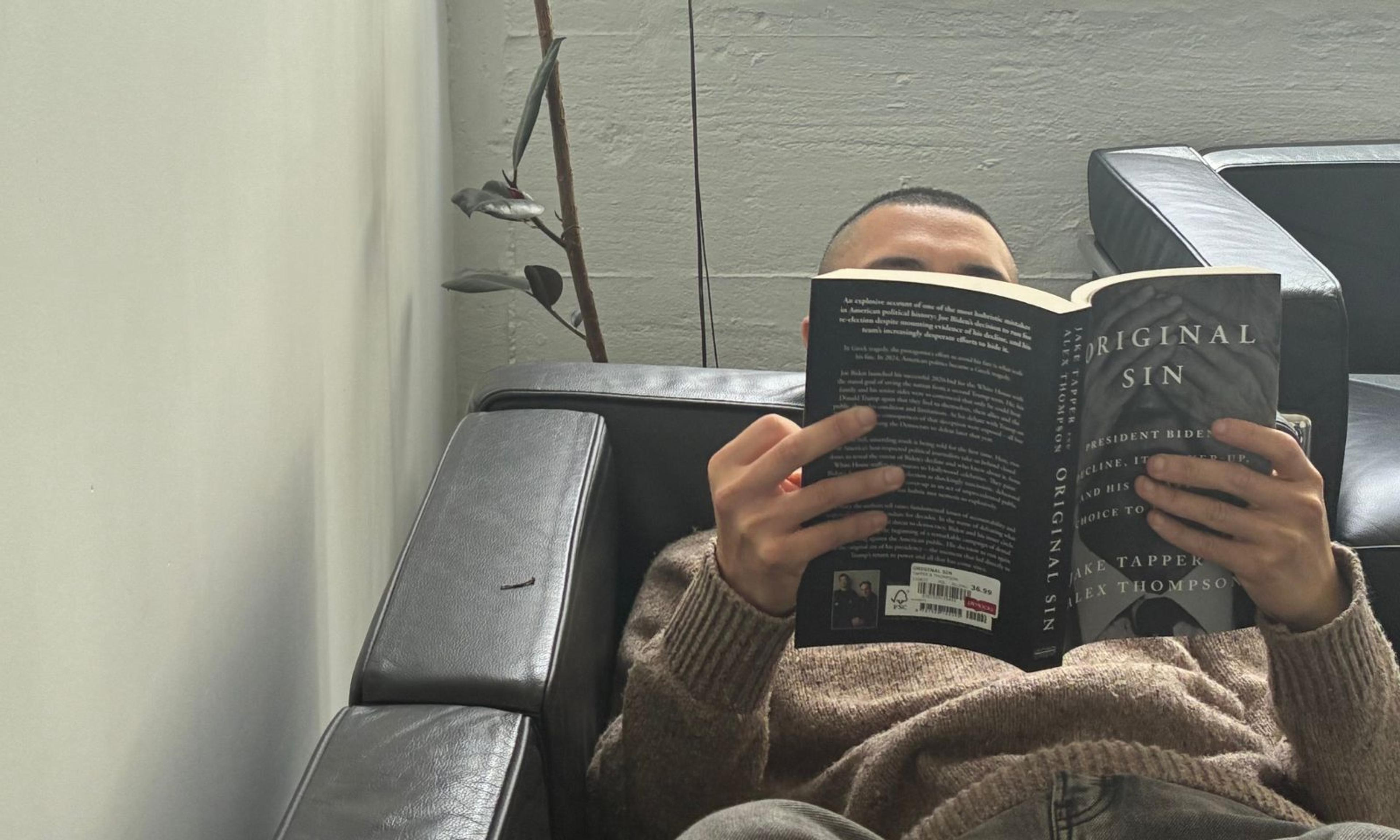

Karen Chhour is the new Minister for Children, and Minister for Prevention for Family and Sexual Harm
Photo/ Supplied
New children's minister on funding Pacific-led initiatives and priortising risk over race
The new Minister for Children Karen Chhour, who spent time in state care, shares her goals for the new role.




Pacific leaders humbled by recognition in New Year 2026 Honours

Pacific Bites: South Auckland weighs in on the top dishes of 2025


‘Love is justice, lived out loud’: Reverend Wayne Toleafoa honoured for service


Pacific leaders humbled by recognition in New Year 2026 Honours

Pacific Bites: South Auckland weighs in on the top dishes of 2025
“Every child in this country deserves to wake up and think, ‘today’s going to be a great day’.”
These are the opening words from ACT Party MP Karen Chhour, the country’s new Minister for Children, and Minister for Prevention of Family and Sexual Violence.
Chhour spoke with Nemai Tagicakibau on 531pi’s Pacific Mornings about what she hopes to achieve in her new roles.
“There’s a lot of work we can do in this space, and bringing communities on board and having conversations about what the needs are for each and every community.”
Chhour wants to make sure young people get the best start in life, and says education is part of that.
“Children learn differently, depending on their communities and depending on the people around them, we need to resource things to enable communities to do that well.
“And that's a goal of mine, to make sure I'm getting out into communities, hearing what their needs are and trying to resource that properly so that can be accomplished.”
Pacific children have the lowest attendance rates and performance in reading, maths and science is falling faster than the New Zealand average. Chhour says she will be looking at different methods that are getting results for Pacific children, such as special character schools.
“They bring a unique experience to young people who may not necessarily fit into that mainstream model, they need to have that extra care and love around them, and so I’m really excited to see charter schools back on the table and excited to see what we can accomplish with that.”
Using English and a one-size-fits all approach
The government has been labelled "anti-Māori" by some, for moves to have English as the primary language for government organisations and department names, something Chhour can see the benefits of.
“Not once have I said ‘don’t use te reo and don’t use your language’. I think language is really important, but navigating government organisations is important also. The common language in New Zealand is English and we need to be able to navigate those departments because that becomes a barrier to receiving the needs of your community.”
The ACT Party campaigned against race-based funding, but Chhour says funding Pacific-led programmes isn’t contradictory if they’re getting the results.
“We will still have funding within Oranga Tamariki and Te Puna Aonui: Eliminating sexual violence and harm, to go to community organisations who know what’s going on in their community and they can apply for funding … so each race or each community will be able to come and show what they can do for their community and what outcomes they can produce.”
Children in state care
Chhour has personal experience of being in state care as a child, and wants to implement systemic change that goes beyond another name edit for the children’s social services organisation.
“There’s a lot of work to do with Oranga Tamariki, making sure that as a department, we’re not causing more harm than good, and when we do make decisions, that we’re making them alongside family and making the right decisions for the best interest of those young people.
“I have stood up in the past and said, ‘we can't just keep changing the names of this department because it's the same department with a different letterhead’.
“It is about changing the culture within the organisation and making sure that it becomes a trusted organisation within communities, not a feared one, because that's what it is right now and we need to change that culture.”
Putting children’s safety before cultural needs
The new government has already faced criticism about moves to repeal Section 7AA of the Oranga Tamariki act, where Treaty obligations must be factored into decisions around a child’s care.
Chhour acknowledges cultural connection is important, but says a child’s safety must be the main priority.
“There’s still protections within the Act for Māori, for Pasifika, and for everybody to maintain that family, and that’s important to me also, but what we need to do is make sure that that family is safe and we do talk about intergenerational violence and we need to make sure that we’re breaking that cycle.
“I’m not saying every family has intergenerational violence, but we need to be aware of that, we need to acknowledge it and we need to have those tough conversations.”
Sex-ed in schools
The new government will remove gender and sexuality education from schools, something Chhour says needs further discussion.
“I think that everybody should be free to be who they are and be proud of who they are and nobody should make them feel otherwise, so how can we find a middle ground with that works with an education in also with home life so that we're actually working with parents and with schools and to get a good outcome in that space.”
Parting parenting advice
Chhour lives in Upper Harbour on Auckland’s North Shore with her family, and ended the interview on a personal note.
“Hug your kids. Tell them you love them, that’s the most important part of life. Show them that they’re worth something and they’ll leave home every day with a smile, and your children will grow to be the best that they can be.”